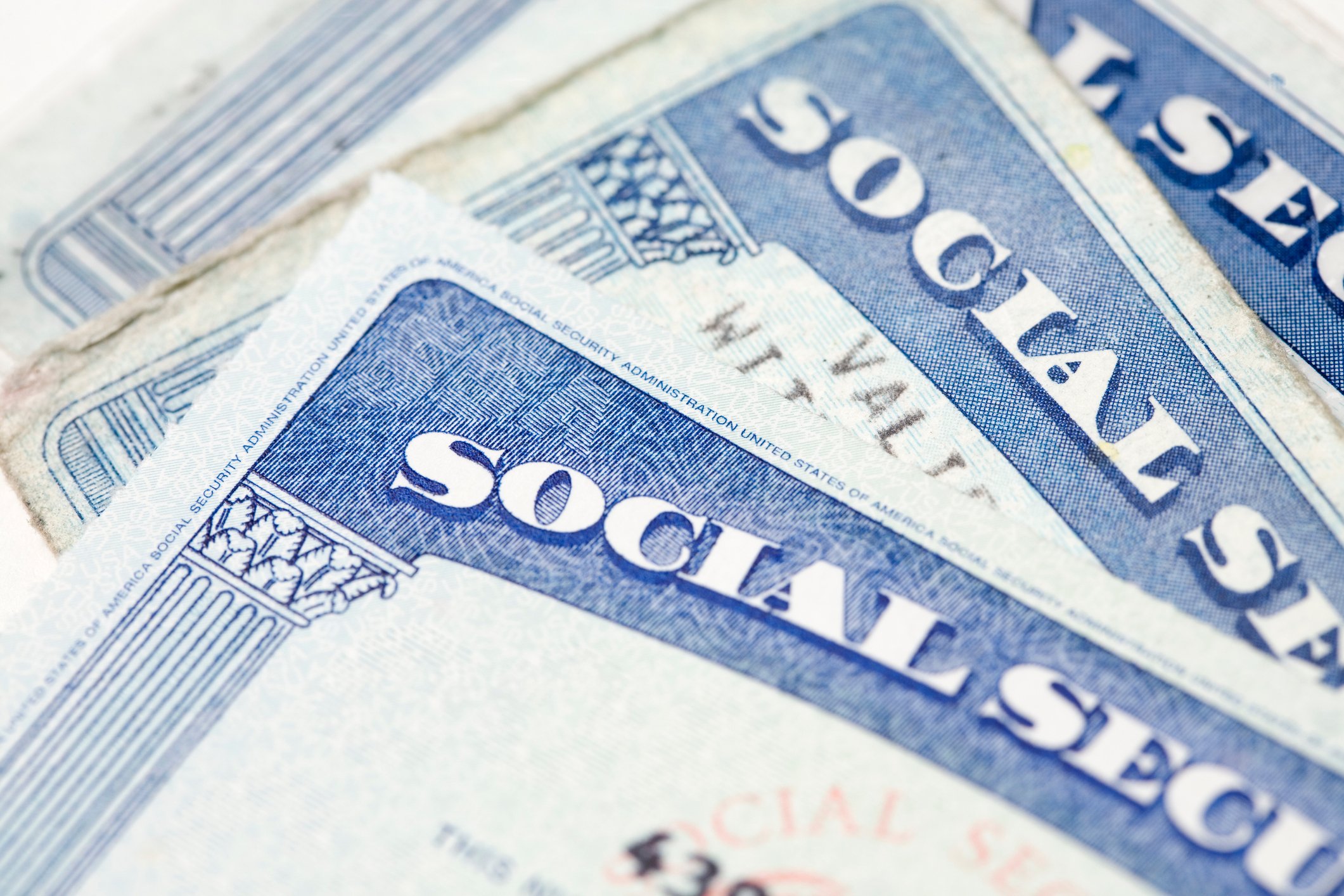It's no secret that getting married is an expensive prospect. From catering fees to flowers to photography, the cost of a wedding can be borderline astronomical. In fact, the average U.S. wedding costs $33,391, according to The Knot, and that's for an affair with 100 to 150 guests. If you're having a larger event, your expenses could climb beyond that point.
That said, you don't have to spend $33,000 and change in order to tie the knot. In fact, in a recent survey by Novi Money of 1,000 people who got married in the last 10 years, 44% spent less than $5,000 on their weddings.

IMAGE SOURCE: GETTY IMAGES.
Clearly, those couples did a good job of sticking to their predetermined budgets. But an equal number of couples failed in that regard. In fact, 46% of those surveyed say they wound up busting their budgets and spending more on their weddings than initially planned.
For 12%, that meant exceeding their budgets by more than $5,000. It's not surprising, then, that about one-third of couples wound up taking on a pile of wedding debt.
If you're planning a wedding, it's crucial that you stick to your budget or adjust your plans to avoid overspending. Otherwise, you'll risk starting off your marriage on a financially shaky foot.
Don't drive yourself into debt
While it may seem difficult to pull off a wedding without incurring some amount of debt, the fact of the matter is that if you set up a budget based on what you can afford to pay outright and you stick to it, you can avoid racking up a costly credit card balance. According to the aforementioned survey, people who borrowed money to pay for their weddings wound up with 2 1/2 to 4 times more consumer debt than those who paid for their weddings upfront.
Carrying debt, however, can put a strain on your marriage and prevent you from achieving other important goals, like homeownership or starting a family. Your best bet, therefore, is to tie the knot in a debt-free fashion.
How do you pull that off if you don't have the money to fund your dream wedding? Well, you have a few options.
For one thing, you can reset some expectations. You may have your heart set on a specific band, but if you find another one that's $2,000 cheaper, that's some instant savings right there.
Getting married at off-peak times can also shave down your costs substantially. Generally speaking, Saturday is the most expensive day to get married, whether you do so during the day or at night. Moving your nuptials to a Friday night or a Sunday could save you some serious money off the bat.
Similarly, it's usually more expensive to get married over the summer than during less popular months like November, March, and April. If you're willing to be flexible with your actual wedding date, you stand to spend less.
If you really don't want to mess with the details of your dream wedding, your next best bet is to postpone the big event until you've had a chance to save more money for it. Imagine your ideal wedding will cost $30,000, but right now, you can only swing half that amount. If you delay your nuptials for an additional year, you'll have an opportunity to cut back on spending during that time to boost your savings or to get a side job to achieve the same goal.
The key, either way, is to avoid taking on debt in the course of getting married. Though your wedding day is one you'll remember for years to come, it's not worth compromising your financial future -- and your relationship -- for a few extra bells and whistles.





